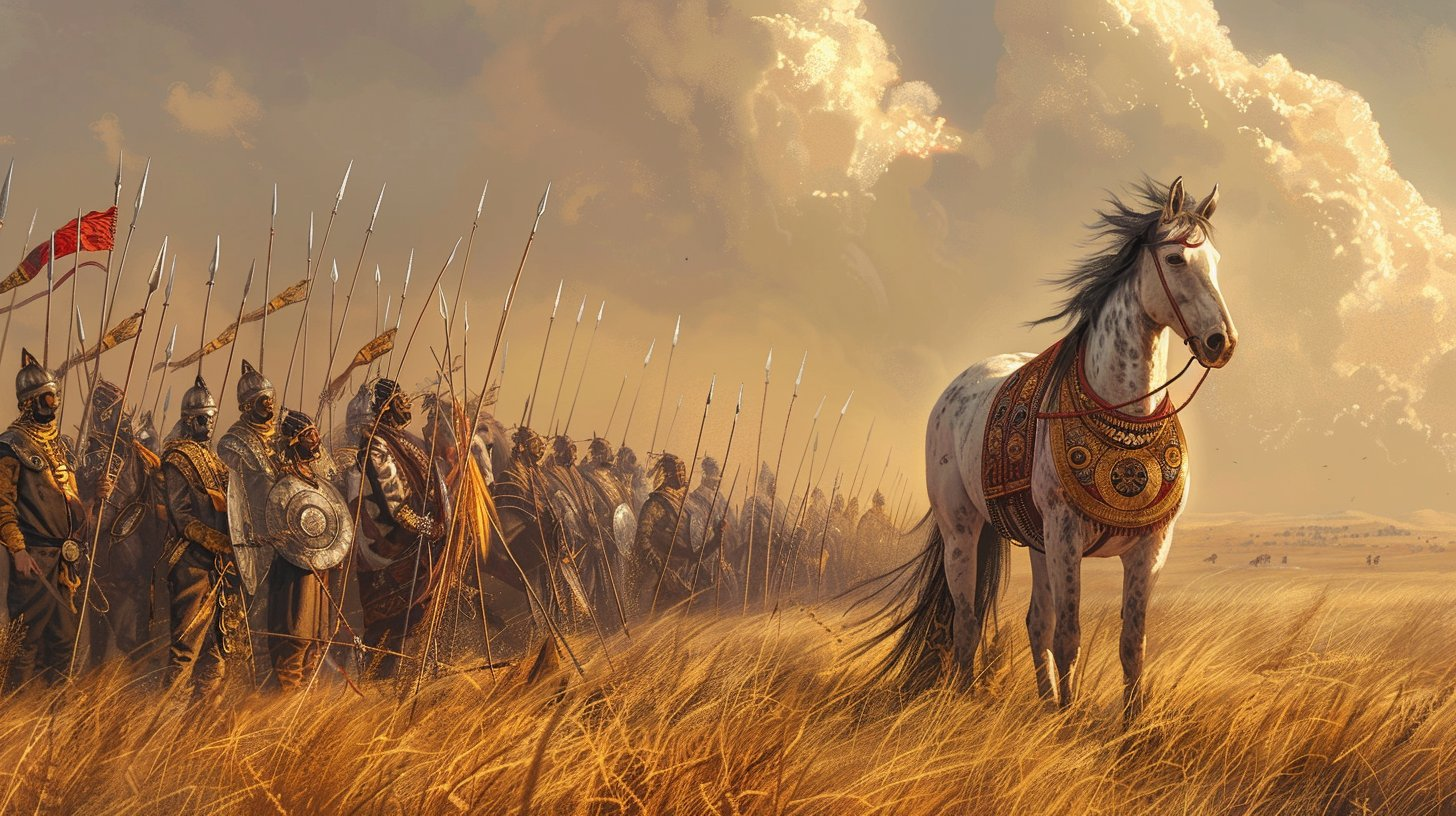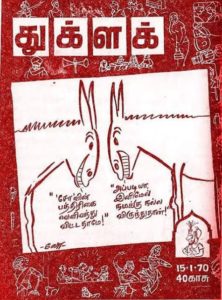An oft mentioned take by the critics and opposition of the BJP and the ruling dispensation in India, on social media, reads- BJP and its supporters think that patriotism is a post 2014 phenomenon. A fair rejoinder to the take would be- opponents of the BJP and ruling dispensation think the fault lines in India and opportunist politicians aggravating these fault lines is a post 2014 phenomenon. The rejoinder got reinforced as I read Vinay Sitapati’s new book Jugalbandi- The BJP before Modi.
The book is on the careers and partnership of Atal Bihar Vajpayee and Lal Krishna Advani across their stints with the Rashtriya Swayamsevak Sangh (RSS), the Jan Sangh and with Bhartiya Janta Party (BJP).
The lives and careers of these two gentlemen coincide with the first six decades of the republic and in writing the story of their partnership, Sitapati gives us a ringside view of political developments that have shaped post-independence India.
Extensively researched, the book in part a biography of Vajpayee and Advani, commences with an introduction to their childhood and the early influences that shaped their lives- conservative Hindu and semi-urban mores for Vajpayee, growing up in the princely state of Gwalior, where the Maharashtrian rulers give RSS foothold and cosmopolitan, upper class mores that get overruled by the anxieties and aftermath of partition and nudge Karachi boy Advani towards the RSS.
As the duo evolve and grow in tandem with RSS and post-independence broader Hindu Nationalism, the book brings out the ideological pining, the organizational structure and years of grassroot work that paved the way for RSS, an organization banned in the aftermath of Mahatma Gandhi’s assassination, helping form the government at the Centre within thirty years of the ban.
Sitapati presents Hindu Nationalist ideology- spearheaded by the RSS as one convinced that Indian sub-continent is Hindu/Non-Abrahamic in nature, that lack of unity amongst the Hindus has caused hemorrhaging of territorial integrity and a fear of demographic change that will be disadvantageous to the Hindu majority. The purpose of the political arm of Hindu nationalism is to build a unified Hindu identity, overruling its various caste lines, that will help in maintaining the territorial sanctity and preserve Hindu cultural identity.
Sitapati alludes the success of RSS in becoming a major political force to its ability to work as a Unified entity, no individual is bigger than the organization and all disputes, owing to personality or ideological differences, are managed internally and away from the public eye. It’s ability to nurture and groom talent that helps communicate its point of view clearly to the world at large and talent that keeps the organization a well-oiled machinery and above all to an organizational design that fosters and forges a sense one family amongst its members.
Between the two of them Vajpayee and Advani help implement the RSS ideology, first with Jan Sangh and then later with BJP as they play the roles of the Orator- Vajpayee the supreme orator- within and outside the parliament and Organizer- Advani the quintessential party man and ace organization skills, with ear to the ground; Sitapati credits their Jugalabandi, fine-tuned with their long-standing personal friendship, that withstands the test of time, to the complementary skill sets that they brought to the partnership and their years spent as active workers of the RSS. A partnership that saw its high noon with Vajpayee serving as the Prime Minister and Advani as the deputy PM of the country.
In the book Vajpayee comes across as a wily politician, who seeks acceptance within and outside the parliament by sticking as close to the prevailing political consensus and what he feels is the popular mood. Advani comes across as an RSS man, who is happy to play second fiddle to Vajpayee till the late 1980s when he truly discovers himself as a political leader after the Rath Yatra. Sitapati contends they are both similar in their deference to the Nehruvian consensus- left of the centre on economy and extension of differential rights to religious minorities, till there is a ground up pushback to this consensus from populace at large.
It is in explaining the duos response to feedback from their voters that Sitapati presents an insight often overlooked by commentariat and ignored by polarized and angry participants on social media- politicians act in accordance with the wishes of their voters. They thrive and survive when they respond to what their voters wants.
Vajpayee and Advani, hard as it may be to believe, were laggards when it came to the Ayodhya movement, Indira and Rajeev Gandhi nurtured the movement before Vajpayee and Advani’s BJP took charge. The duos Jugalbandi that led to formation of an avowedly right-wing government, was the two of them letting go of their deference to Nehruvian consensus and whole heartedly aligning with mood of the nation. This submission leads to the question how much of present-day India is because of Modi or is Modi a product of present-day India.
The writing is lucid and the author sticks to the language akin to journalistic reportage. The expanse of the book- the collection of characters who make an appearance and events that unfold, are all written in the style of long form journalism, the book is unputdownable for new junkies and history buffs. The book however, does not help us understand what led to marginalization of Advani after 2004. What made the true organization man break the ideological connection- his statement calling Jinnah a secular leader on a trip to Pakistan in 2005? How much the disarray of BJP, between 2004–9, can be attributed to Advani? For the takeover of BJP by Modi and Shah is also one of the legacies of the Vajpayee Advani duo.
The big take away though is how political parties in a democracy respond to the public mood and the limited say they have in shaping the public opinion. Be it Indira Gandhi’s nationalization of banks, her polarizing the Hindu votes in elections in J&K or the support that Indira, Rajeev and the Congress party extended to the Ayodhya movement in its early years. V.P. Singh implementing recommendations of the Mandal commission report, Vajpayee accepting the indispensability of Modi to the BJP in Gujarat or Advani turbo-charging the Ayodhya movement. These are all instances of politicians responding to an incentive structure designed for catering to feedback from voters.
The ‘liberals’ and ‘resistance’ to current government in India perhaps need to relook at their methods of building a robust opposition. Op-eds in foreign publications, never ending columns on websites all written in a European language and tweets for an echo chamber can only go this far, opposition needs a political party that gets the pulse of the nation for there is no dearth of issues on which the Modi-Shah duo can be challenged.
P.S: Post reading the book I heard a podcast by Amit Varma where he talks to Vinay Sitapati about the book. The episode is available on Varma’s podcast channel The Seen and The Unseen, the episode is an excellent addition to understanding the Vajpayee Advani Jugalbandi.



